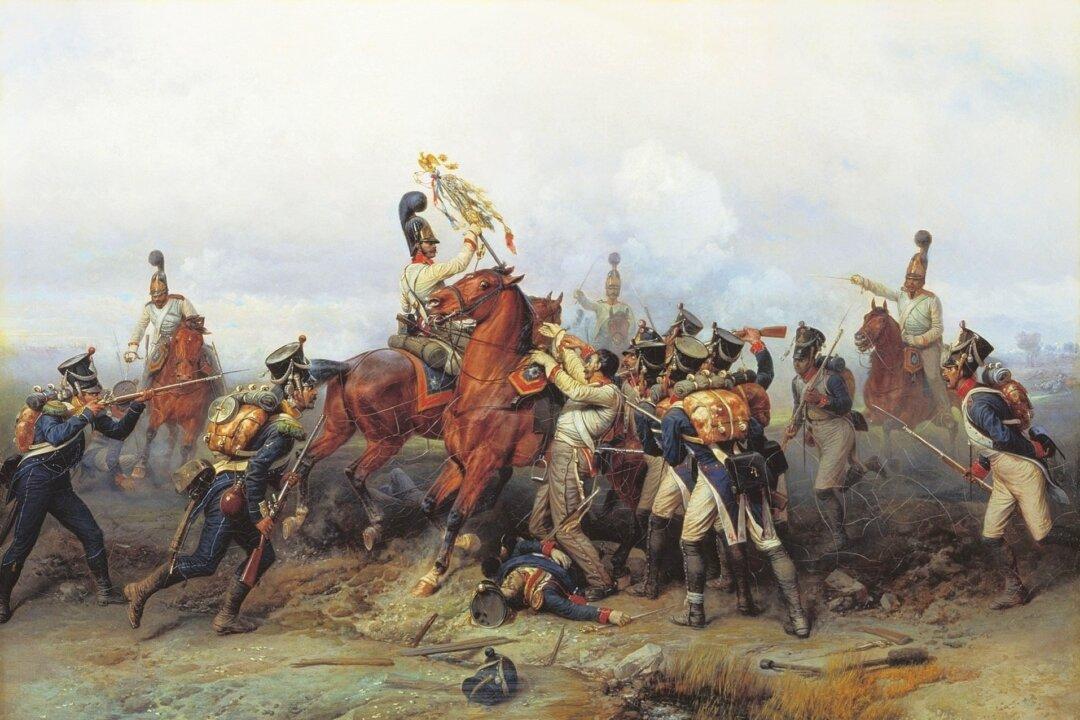Commentary
In a 1946 essay on the subject of “Philosophy for Laymen,” the late British philosopher Bertrand Russell noted that, throughout the history of civilization, human beings have faced two different kinds of problems.

In a 1946 essay on the subject of “Philosophy for Laymen,” the late British philosopher Bertrand Russell noted that, throughout the history of civilization, human beings have faced two different kinds of problems.